During dark times, the people that we look to as great leaders, the Abraham Lincolns of the world, did not feel optimistic.
Abraham Lincoln was plagued with melancholy throughout much of his adult life. By today’s diagnostic criteria, it’s quite likely he would have major depression.
Lincoln came from a family with significant mental health issues. Both of his parents were described by nearly everyone who knew them as “sad.” So prevalent were the insanity, nervous disorders, and mental troubles that plagued their family tree that some of Lincoln’s relatives referred to them as “the Lincoln horrors.”
We now know that depression often has both a biological and an environmental component, and Lincoln certainly seems to have had both. Lincoln’s mother died when he was nine. His father then all but abandoned his children, leaving them with a relative for months while he searched for another wife. The Lincoln children were neglected “pitifully” while in the care of their cousin. When Abe was 19, his sister, the one person in his life he felt he could count on, gave birth to a stillborn baby and died soon after.
A neighbor later recalled that when Abe heard the news about his sister, “he sat down in the door of the smoke house and buried his face in his hands. The tears slowly trickled from between his bony fingers and his gaunt frame shook with sobs.”
Abe’s father was unkind–in fact, that’s putting it too mildly. He didn’t show Abe any affection. Most historians have looked for love between Abraham Lincoln and his father Tom, and found no evidence of any. Lincoln was beaten for being too book smart, and this bookishness was regarded as laziness.
Lincoln’s depression didn’t rear its head until he was 26. He was teaching himself the law, and friends began to notice he wasn’t sleeping or eating. His skinny frame became emaciated. Eventually, members of his community began to worry that he was “deranged” and suicidal. He was frequently seen wandering alone in the woods with a gun.
Finally, an older couple in the village where Lincoln lived were like, “Listen here, no more of that. You come stay with us and get better.” Lincoln improved after a week or two, and left their home, but remained melancholy for months afterward.
There were times when Lincoln wrote to his friends asking them to come take the knives out of his house for fear he might harm himself.
Later in his life, after he won the presidency, his 11-year-old son Willie died in the White House, something that absolutely gutted Lincoln. Only one of Abe and Mary’s sons would outlive his parents.
All this, and more. Books have been filled about the trials Lincoln endured – mental and otherwise.
And yet.
Abraham Lincoln had hope.
Not hope that felt like a rush of joy when he awakened, bright and chipper, each morning. Not hope based on his circumstances. Not hope based on evidence of substantially good things on the horizon.
His hope was a choice. It was not a feeling.
It was a choice that required courage, and that courage was formed over the many years of hardship he faced. The hardship that formed his character. The character that gave him the courage that was needed at exactly the right time.
Notice what I’m not saying: Lincoln was perfect. Lincoln made no bad decisions. Lincoln got it all right.
Like you, and like me, Lincoln made mistakes, some mistakes that cost people much. In fact, some people paid with their lives.
When he was inaugurated for the second time, war had ravaged the country. Hundreds of thousands of men would never return home. Many more had lost limbs or been permanently disfigured. Half the nation hated Lincoln so much that they would rather risk their own death than go along with his ideas for the union.
Imagine even half of your workplace hating you so much that they would rather risk life and limb than go along with your ideas. And now make it half of the entire United States.
Lincoln certainly had plenty of reasons to be full of malice. Life had handed him some incredibly difficult circumstances beyond his control, and some of the things within his control had resulted in heartbreaking results.
And yet, in his second inaugural address, what did Lincoln say?
“The Democrats must be defeated?”
“Those losers in the South are destroying the country?”
No. He said,
“With malice toward none;
With charity for all;
Let us strive on to finish the work we are in;
To bind up the nation’s wounds;
To care for him who shall have borne the battle, and for his widow and his orphan.”
People were actively trying to kill Lincoln (and of course, soon they would succeed), and still, his posture was not one of retribution and vitriol.
The people Lincoln was speaking to were ordinary Americans, just like us. People going to school. Working hard. Putting food on the table. Making a living by whatever means possible.
He wasn’t calling on some group of government leaders or the media. It wasn’t about people in suits in the marble halls of Congress. It wasn’t a businessman with billions.
It was us. It was our work to do.
It is still our work to do. It is us who must bind up this nation’s wounds with malice toward none and charity for all.
It’s each and every one of us who wakes up in the morning and refuses to believe the insidious lie that creeps into our brains. The lie that wants us to believe that we are nobody and nothing, and what we do doesn’t matter.
We must have hope that what we do matters.
We must have courage that who we are becoming matters.
And we must pursue with endurance the next right thing, even when we can’t see the immediate results of our efforts.
If each one of us does all the good we can for all the people we can, the world will change swiftly.
Let us strive on to finish the work we are in, my friends. Let us bind up the nation’s wounds, for America still remains one of the last, best hopes of the world.


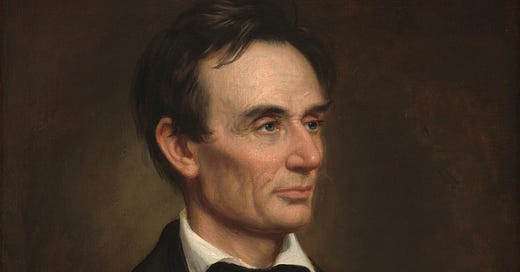



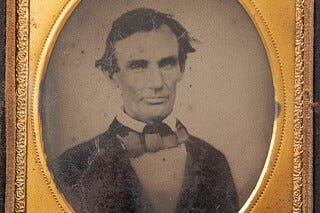
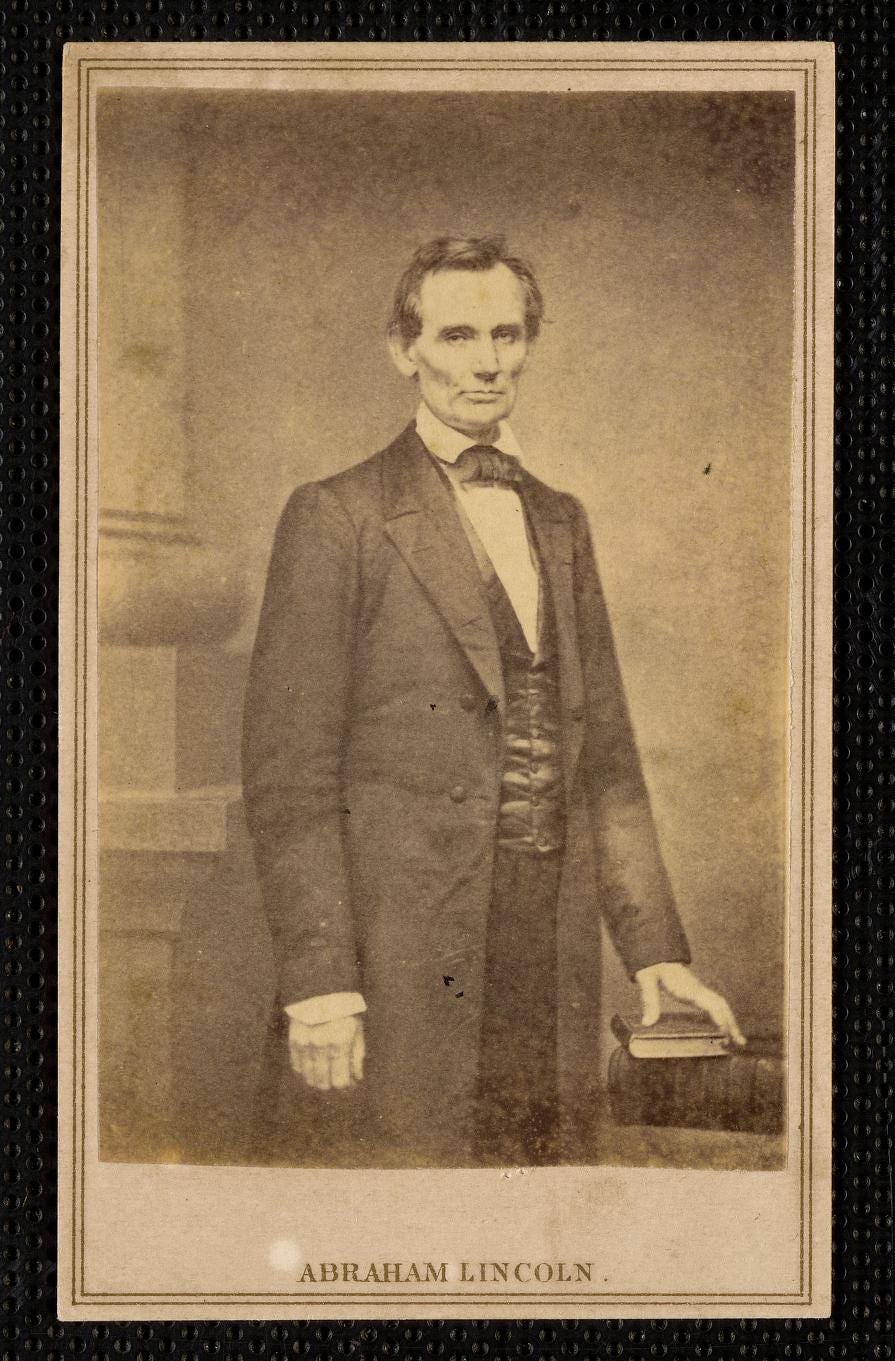
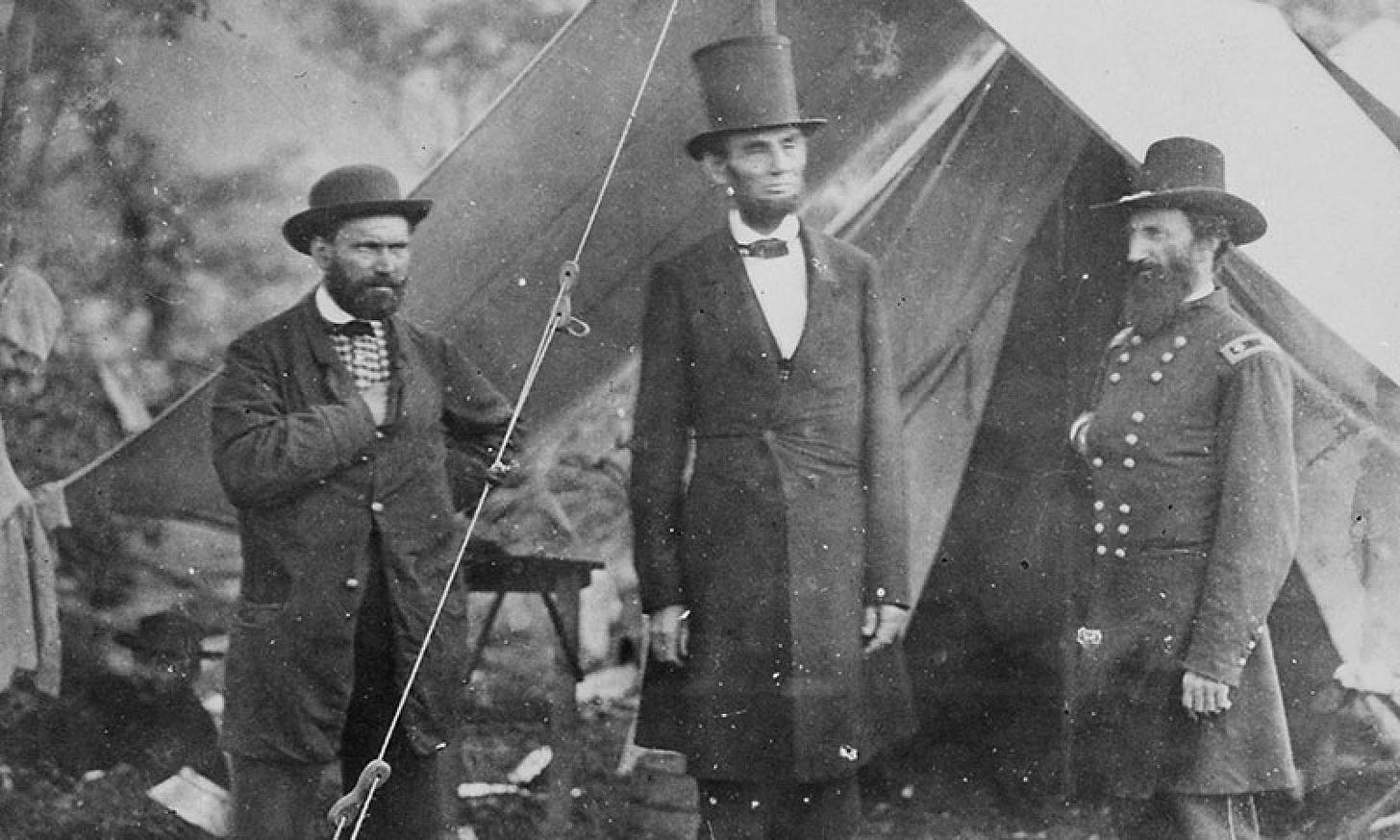
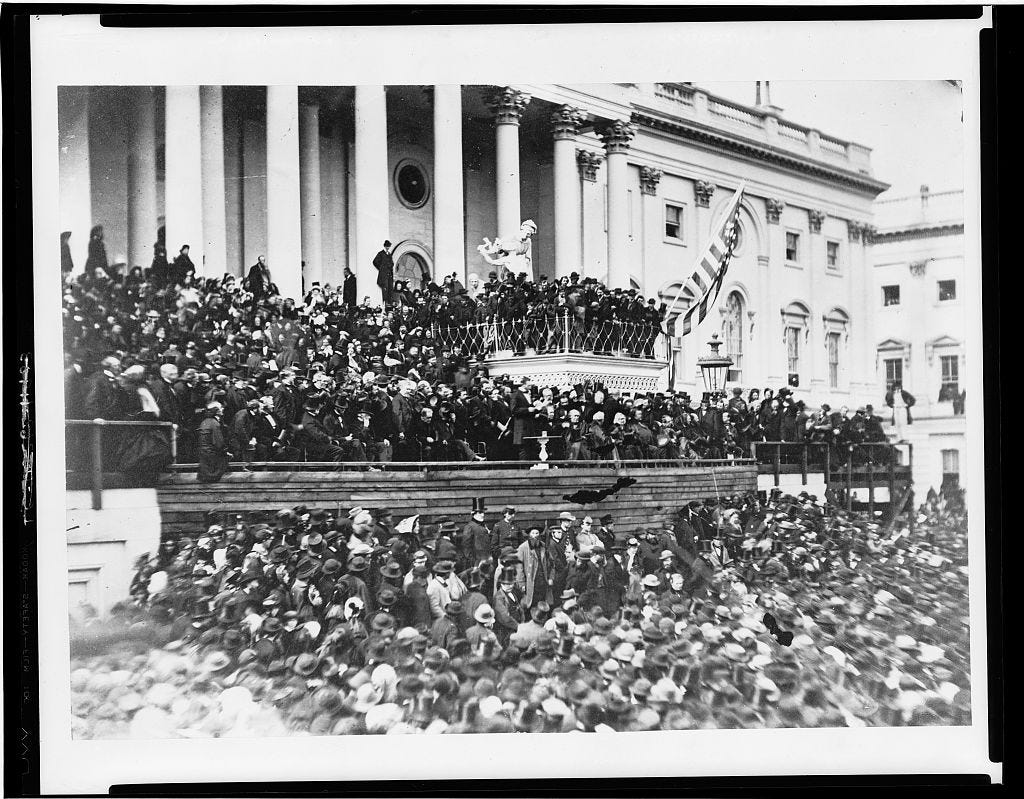
My third son is currently in USAF boot camp and I got my week 3 call last night…all of 30 seconds. He sounded exhausted and he was a bit teary to hear our voices on the other end of the line. We were too. He said that even though it was one of the hardest times, he was doing great. This will be my picture of finding hope in the midst of pain, conflict, and hardship. Hope is a choice. If my 19 year old can do it, we all can too!
Excellent read on the heels of my finishing The Demon of Unrest yesterday. It helped me cement who I will vote for in November, the one lacking malice!
We are the hope, the change. We need to be the ones reaching our hands to our neighbors and showing the hope and kindness, and malice toward no one regardless of their view.
Let’s mend our country. It starts with each of us.